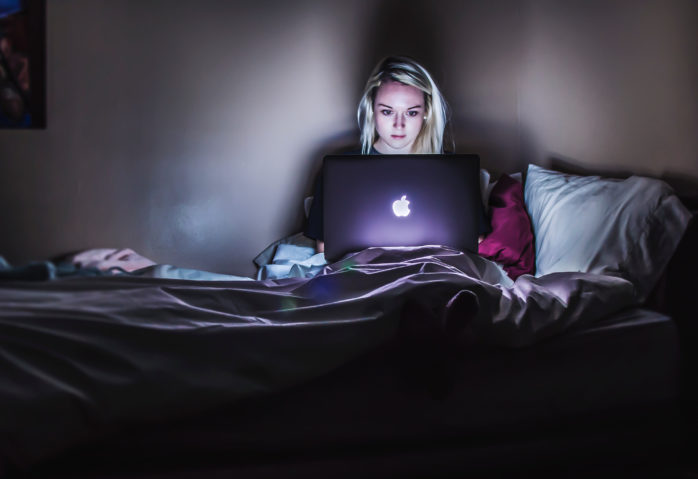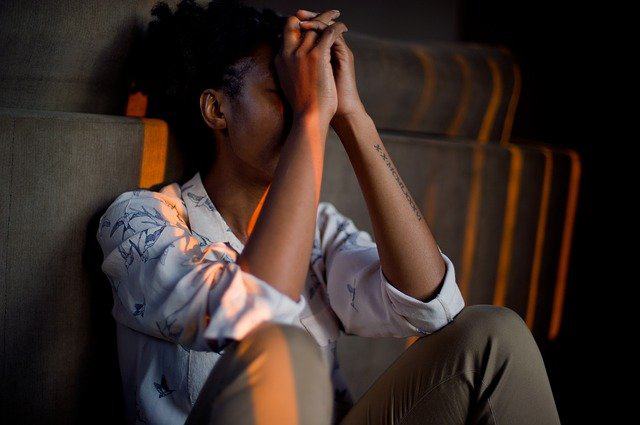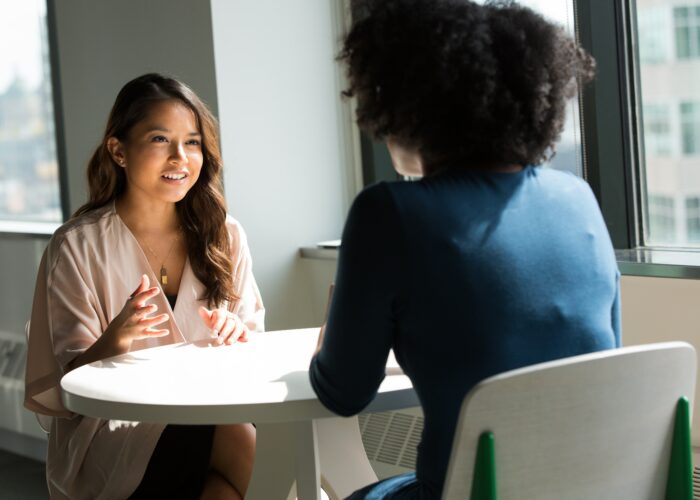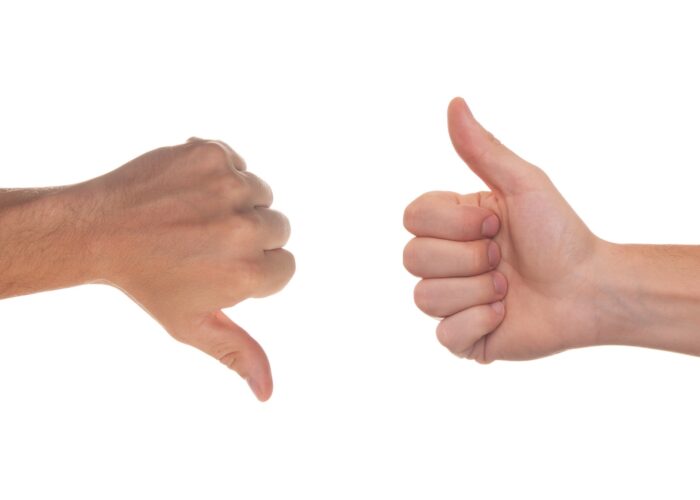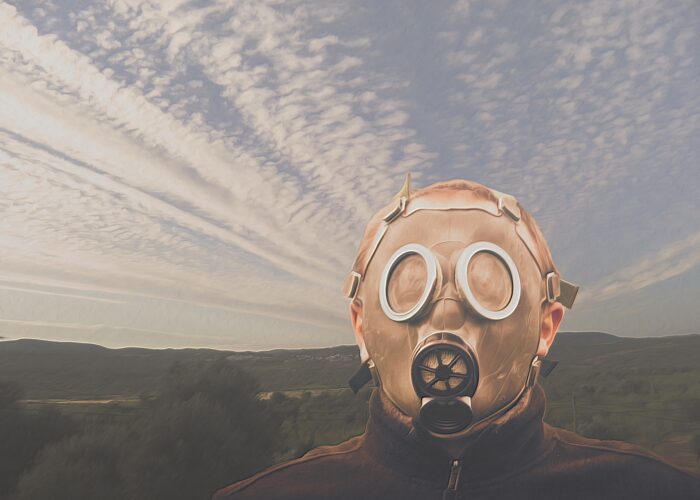From day into evening, our faces have been awash in the glow of blue light from our laptop screens and cellphones. For nearly a year, my son and I have been among the millions of students and adults learning and working remotely during the pandemic.
Broadband width has become a major lifeblood of my family. For eight hours a day and five days a week, we are tuned into our laptops, him for school and me for work. For many evenings, Joseph slogs through homework or chats online with friends while I catch up on the news I missed throughout the day on YouTube.
These digital devices have provided us with a relatively safe escape from the pandemic and winter’s cold, snowy, icy grip, but I can’t help but wonder if our vision’s health and functioning could be compromised.

What is blue light and will it hurt me?
Many people have been claiming that the blue light emanating from our digital devices is damaging our eyesight. However, nothing could be further from the truth, experts say.
Blue light has been with us since before the dawn of time as one of the colors of light from the sun. The other colors in the visible light spectrum are red, orange, yellow, green, indigo and violet.
The intensity of the rays is measured through their wavelengths, the longer the wavelength the less energy and vice versa. As such, blue rays have shorter wavelengths and more energy. Because blue light is emitted by digital screens, many have raised concerns over its impact on our eyes.
The harm — or lack thereof — stems from its source. Overexposure to blue light from the sun can, indeed, harm our eyes. Damage has been linked to the retina, causing problems, such as age-related macular degeneration, according to the nonprofit, Preventing Blindness.
However, the amount of blue light emanating from digital devices, such as laptops and cellphones, is minuscule and has not been proven to damage our eyes, according to the American Academy of Ophthalmology.
Do blue lights cause eyestrain?
Health experts assert that the eyestrain people are experiencing — known as computer vision syndrome — results from the overuse of digital devices, not blue light.
Computer vision syndrome is a condition that occurs when we stare so much at a screen that we do not blink adequately. On average, our eyes should be blinking 15 times per minute; instead, many of us are experiencing great discomfort.
Symptoms of eyestrain — now all too familiar to us — include dry or watery eyes, sore or irritated eyes, blurry vision, headaches, difficulty focusing and neck and shoulder pain, according to the AAO and Preventing Blindness.
Can blue light keep me awake at night?
The blue light emitting from our digital devices has been found to affect the quality and duration of our sleep, according to a Harvard University study.
The very benefits of blue light during the day — increasing our attention span and our ability to react, for example, that help us to function and survive — become disadvantages at night.
Blue light manages to suppress the hormone melatonin, which regulates our sleep cycle. As such, working on a laptop or scanning a cellphone at night can hinder our ability to sleep well.
A lack of quality sleep over a period of time can have detrimental health effects, including risks of depression, diabetes and cardiovascular problems.
Do blue-light glasses work?
In an effort to seek relief, especially as working and learning on laptops are more commonplace during the pandemic, consumers are turning to blue-light glasses, the sales of which have skyrocketed.
Their promises — better sleep, less eyestrain and disease prevention — hold a special allure for those in discomfort and pain. I even considered purchasing a pair. Sometimes, my eyes water and sting to such an extent that closing them is the only way I can find relief.
These glasses may be designed to filter or block blue light, but many experts agree that they are not the answer.
The AAO says that eye problems are associated with the overuse of digital devices rather than the failure to use special eyewear, such as blue-light glasses.
The United Kingdom’s College of Optometrists agrees that scientific evidence is not available to support the marketing claims that blue-light glasses can overcome eye discomfort and improve vision health and functioning.
Likewise, a 2019 study published in Optometry and Vision Science found that filters that block blue light and neutral light filters that don’t block blue light were equally ineffective in reducing digital eyestrain.
However, many people claim anecdotally that they feel better when they wear blue-light glasses.
What can I do to protect my eyes?
Several experts, including the AAO, the AARP and Preventing Blindness, have offered the following tips to overcome eyestrain and sleep well:
- Look away from the screen every 20 minutes at an object 20 feet away for 20 seconds.
- Lubricate dry eyes with artificial tears.
- Distance yourself 25 inches or an arm’s length from your screen.
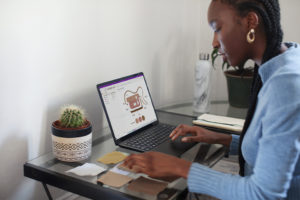
- Increase the font size so documents are easy to read while maintaining a safe distance from your screen.
- Adjust the screen’s height so you are looking slightly downward.
- Reduce the glare with a matte screen filter and reduce the screen’s brightness and contrast by dimming the light.
- Swap contacts for eyeglasses to prevent the dryness and irritation associated with them.
- Consider a monitor with an ultra-high-definition resolution, which creates sharper text and images, making it easier for your eyes to focus.
- Turn off your digital devices or set them to sleep mode two to three hours before going to sleep.
- Install dim red lights as night lights.
These tips offer simple, affordable ways to relieve some of the physical stress we are experiencing during this time.
The health of our eyes should never be overlooked, particularly with a vision of our post-pandemic world suggesting remote work behind computer screens is more likely. As Henry David Thoreau once said, the eye is the “jewel of the body” and must be treasured and protected.
On Thursdays, I share a blog about a day in the actual life of a single parent. Every other Thursday, instead of a personal post, I put together one where I assemble news on and about single parents nationally and globally.
I would love to hear from you! Feel free to send any comments and questions to me at singleparentandstrong@gmail.com. I am also on Twitter @parentsonurown and on Facebook.
